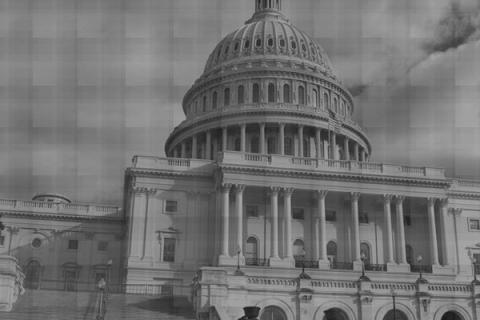Sarah Palin has emerged as the unofficial leader of a national movement that is championing limited government, lower taxes, and less debt. While Palin espouses a fiscally conservative platform, it would behoove supporters to test her platform against her record as a mayor, governor, vice presidential candidate, and grassroots celebrity.
As a mayor, Palin cut property taxes by 75%, eliminated the business inventory tax, and cut her own salary by 10%. However, during her term, the sales tax rose by 0.5% and public works spending projects increased the city's debt by $24 million. She also lobbied for nearly $8 million in federal earmarks.
As a governor, Palin repealed tire taxes, issued tax credits for commercial salmon fishing and film production, implemented a one-year suspension of the state fuel tax, and reduced the state's business license fee. She also sold the state jet, refused to use the gubernatorial chef & personal driver, rejected a pay raise, and vetoed hundreds of millions of dollars in extra spending projects. She also socked away $1 billion for a rainy day. However, she also signed a record budget which increased spending by 28%, raised taxes on oil companies, requested about $200 million in federal earmarks (though far less than her predecessor), and kept about $440 million in federal transportation funds originally allocated for the "Bridge to Nowhere".
As a vice-presidential candidate, Palin supported John McCain, whom the National Taxpayers Union reported would've increased federal spending, perpetuating the Bush administration's chronic budget deficits. Palin also supported the $700 billion Wall St bailout.
As a "grassroots" leader and Tea Party icon, she has trumpeted former President Ronald Reagan as a champion of fiscal conservatism in her book Going Rogue. But, as I outlined in a previous article, Reagan increased both domestic and overseas spending, was unable to balance the budget, and doubled the national debt, despite a largely Republican Senate. In addition, she is campaigning for John McCain, even though she called him a "progressive" who supported the bank bailout (which she supported in 2008) in a recent Glenn Beck interview. She has also expressed her support for attacking Iran, which by all accounts, would certainly add to the $1.4 trillion budget deficit, much like the $1 trillion wars in Afghanistan and Iraq.
So, when it comes to fiscal conservatism, Palin's track record is best described as a mixed bag. At times, she has enacted strong, fiscally conservative policies, while at other times, she has implemented and/or supported fiscally liberal policies. In other words, Sarah Palin's experience, campaigning, and commentating strongly suggest that she can at most be considered a fiscal moderate.
Therefore, tea party supporters should ask themselves, based on the actual data, if they are supporting Palin because she is a staunch fiscal conservative, or if she is merely a charismatic, symbolic counter to President Obama and Democratic leadership.
